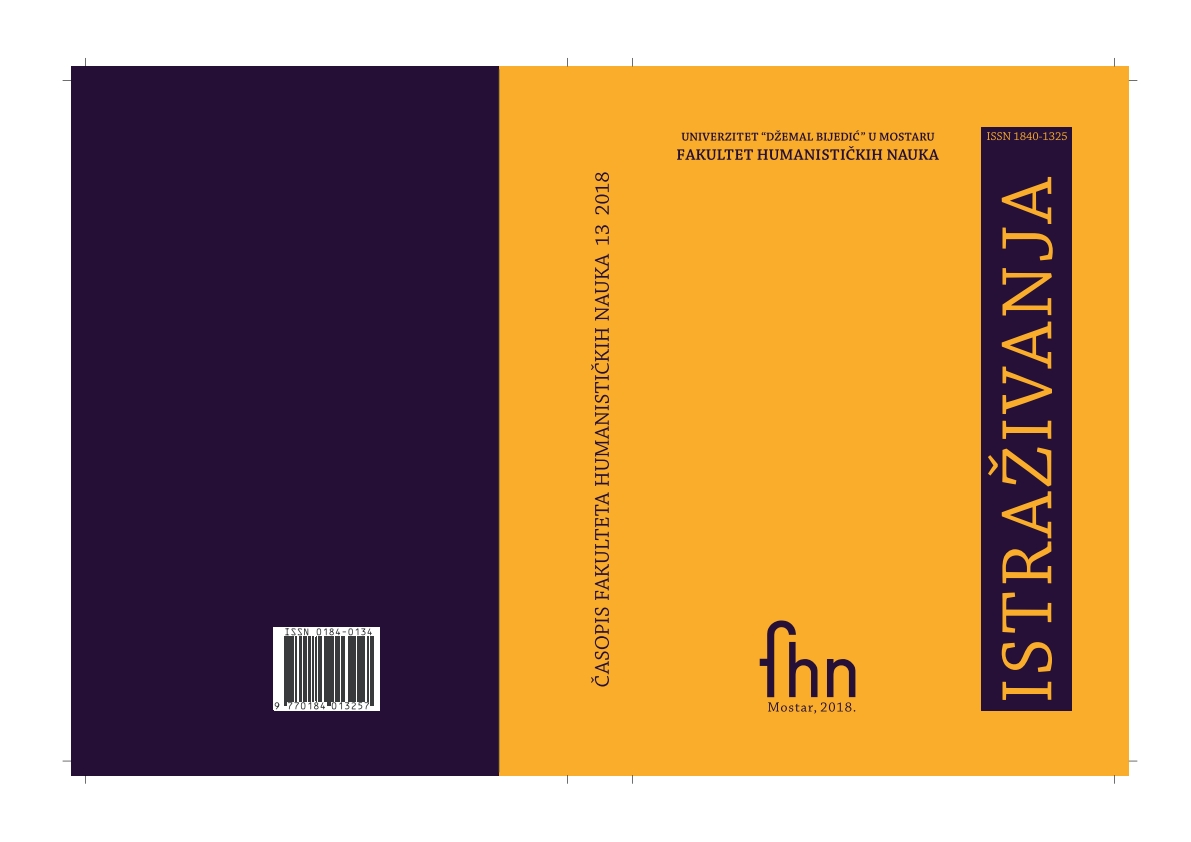Trench Talk and Code Talkers—Linguistic Creativity in the First World War
Trench Talk and Code Talkers—Linguistic Creativity in the First World War
Author(s): Nejla KalajdžisalihovićSubject(s): Language studies, Language and Literature Studies, Lexis, Semantics, Pre-WW I & WW I (1900 -1919)
Published by: Fakultet humanističkih nauka, Univerzitet »Džemal Bijedić« u Mostaru
Keywords: linguistic creativity, trench talk;lexical change; the First World War; English;
Summary/Abstract: The paper looks at Trench Talk: Words of the First World War (Doyle & Walker 2012) and examines how linguistic creativity in the First World War emerged and factors that motivated it. In terms of conceptual motivations behind linguistic creativity, new ideas and concepts that were not used before the First World War are discussed and extracted from the corpus for meaning and usage in contemporary English. As for social motivations behind linguistic creativity, the paper also reflects on cases of language mixing observed as linguistic competence exercised and founded on a limited number of lexical items (Aitchison 1987; Zawada 2009). Therefore, it is proposed that linguistic creativity emerged as a specific code, not only as a vehicle by means of which soldiers would distance themselves from civilians, but also owing to other languages in contact with English allowing in that way for various expressive communication styles to develop: those becoming known through the linguistic repertoire of soldiers’ L1, including slang, as well as those founded on multilingualism of the trenches that contributed to creativity in encipherment and expression of complex experiences of cultural immersion.
Journal: Istraživanja
- Issue Year: 2018
- Issue No: 13
- Page Range: 119-132
- Page Count: 14
- Language: English

